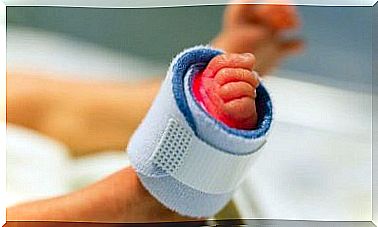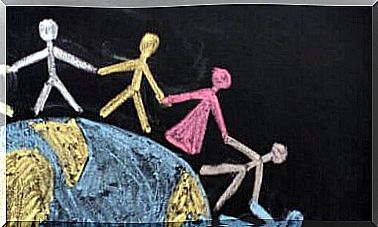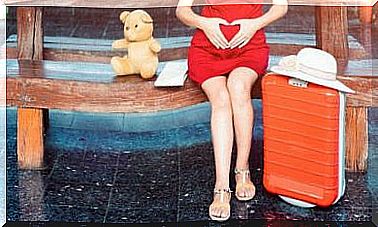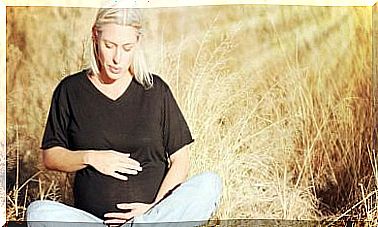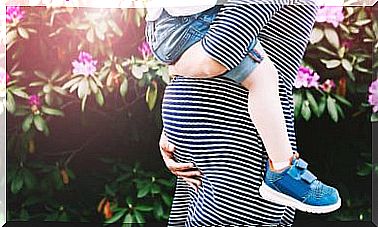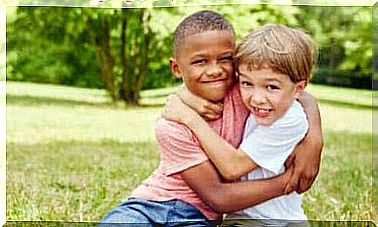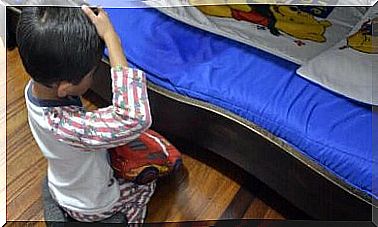How Does Passive Smoking Affect Children?

The tolerance we saw in society towards cigarettes was motivated by a lack of information about its harmful health effects. Over the years, scientific advances have shown that tobacco use causes irreversible damage to the body.
Among the most common and least serious diseases, we see halitosis, or bad breath, increased risk of tooth decay and deterioration of the skin on the face.
More serious problems include erectile dysfunction, reproductive problems, various types of cancer, circulatory diseases and digestive diseases.
Laws banning smoking had unexpected consequences for children
The consequences of cigarette smoke led to the introduction of laws banning smoking in major cities around the world. There were also training campaigns with posters, signs and even cigarette cases to prevent use and reduce abuse.
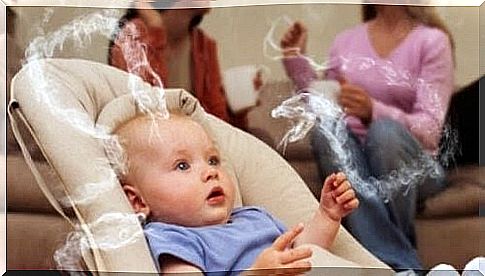
This has had surprisingly negative consequences. As the adults can not smoke in offices, cafes, restaurants or other public spaces , they have started smoking more while driving or when they get home, usually in the presence of their children.
Children, the main passive smokers
Smoking bans have reduced the involuntary consumption of nicotine in adult passive smokers.
A study from the University of Granada states that this reduction has reached up to 90%. But the same study shows that children have become the main passive smokers.
Researchers at the Institute of Biosanitary Investigation conducted a study with urine samples collected before the smoking ban law was passed in 2011.
The results showed that more than 50% of the children from the study were passive smokers. In addition, the levels of nicotine found in the urine after the legislation had increased.
The study also concluded that several factors affect children’s exposure to tobacco smoke, such as parents’ education or socioeconomic situation.
Health of children who are passive smokers
When a parent or other family member smokes, they expose children in their vicinity to passive smoking. That is, children are at risk of inhaling smoke produced from the exhalation of smokers or the one produced when the cigarette is lit.
In addition, a fetus can be affected by the harmful effects of smoking from the moment of conception.

Smoke contains several toxic substances that are harmful to health and that do not disappear even when the cigarette is finished smoking. These substances remain for a long time on various surfaces at home, such as on toys, furniture and walls.
What are the consequences of passive smoking in children?
- Sudden infant death. Cigarette smoke increases the risk of sudden infant death syndrome. It is one of the leading causes of death among children under 1 year of age. The most common hypothesis among researchers is that the smoke prevents the central nervous system from maturing properly. Therefore, cardiac activity and breathing become abnormal.
- Respiratory diseases. Children exposed to secondhand smoke may develop chronic cough, bronchitis and pneumonia. The risks increase between 50 and 100% in a smoky environment. Another common risk is the onset of asthma and various allergies.
- Ear inflammation. Exposure to tobacco smoke can cause ear infections as it is linked to the respiratory system.
- Cancer. Exposure to the 40 carcinogens released during smoking increases the risk of developing different types of cancer in adulthood. The probability increases with the number of years you are exposed to tobacco. It is also affected by how many smokers you have at home.
- Cardiovascular disease. Symptoms of diseases of the circulatory system usually do not appear until adulthood, but the anatomical changes originate during childhood. Tobacco smoke affects the occurrence of the same changes.
The best recommendation for parents is to do their best to break their tobacco addiction to protect their child’s health.
If this is not possible, it is recommended that you prevent your children from having contact with toxic substances associated with tobacco at all costs.
